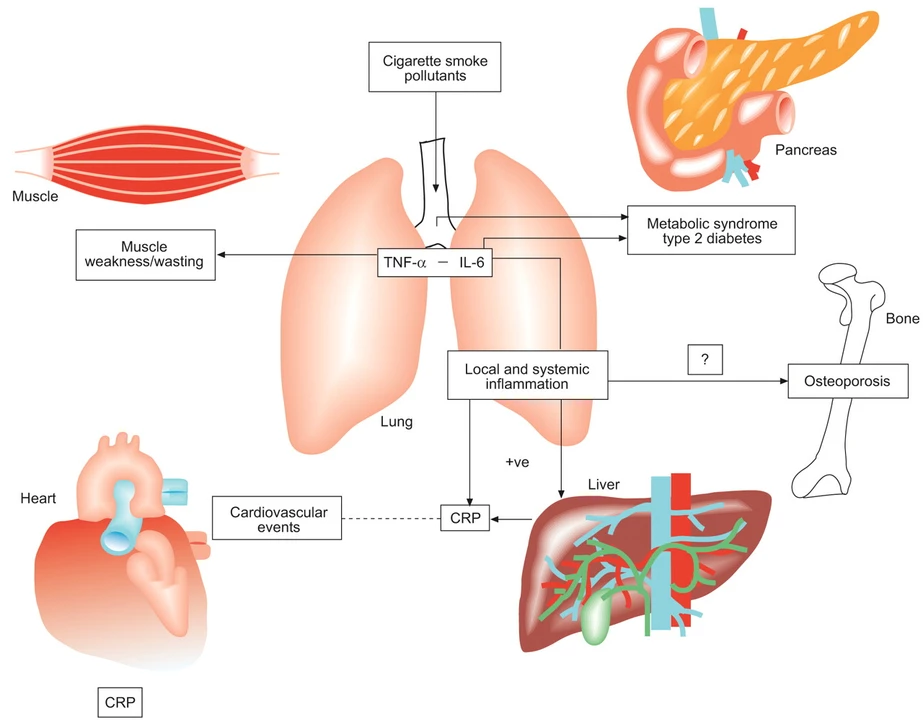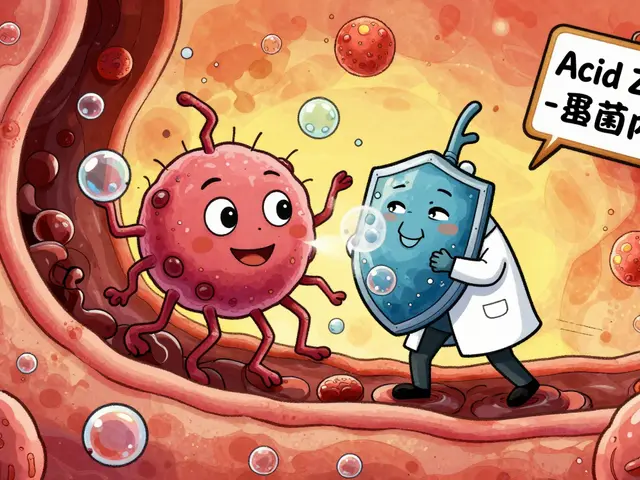Understanding Your Cardiovascular System: Quick Guides & Medication Tips
The cardiovascular system is basically your body’s delivery network – heart, blood vessels, and the blood itself. When it works right, you feel energetic; when something goes off, you notice fatigue, shortness of breath, or unusual chest feelings. This page gives you straight‑forward explanations, handy medication pointers, and everyday habits to keep that pump running smoothly.
How the Heart and Vessels Work Together
Your heart is a muscular pump that pushes blood through arteries, veins, and capillaries. Arteries carry oxygen‑rich blood away from the heart, while veins bring waste‑filled blood back. The walls of these vessels can stiffen or narrow over time – that’s what we call hypertension or atherosclerosis. Simple checks like monitoring your pulse or getting an annual blood pressure reading catch problems early.
When doctors prescribe drugs for high blood pressure, they often start with beta‑blockers (like Metoprolol) or ACE inhibitors. If you’re looking for alternatives, our “Metoprolol Alternatives in 2025” guide breaks down eight options, from newer ARBs to lifestyle‑first approaches. Knowing the pros and cons helps you discuss a switch with your doctor without feeling stuck.
Medications You Might Encounter
Here are the most common pill families you’ll see in cardiovascular care:
- Beta‑blockers – slow heart rate, reduce workload (e.g., Metoprolol).
- ACE inhibitors / ARBs – relax blood vessels, lower pressure.
- Statins – lower cholesterol, protect artery walls.
- Diuretics – help kidneys remove excess fluid.
- Antiplatelet agents – prevent clots (e.g., low‑dose aspirin).
If you’re curious about side effects, most of these meds can cause mild dizziness or a dry cough. Serious issues are rare but worth watching for: sudden swelling, unusual bruising, or severe headaches. Always report anything odd to your pharmacist or doctor.
Our site also covers specialty topics like the link between bladder meds (oxybutynin) and memory, or how testosterone therapy can affect heart health when combined with erectile dysfunction drugs. Those articles show why a single medication can impact more than one system – something to keep in mind during any prescription change.
Beyond pills, lifestyle tweaks make a big difference. Cutting back on salty snacks, walking 30 minutes a day, and staying hydrated help keep blood pressure steady. If you’re already on medication, these habits often let doctors lower dosages over time, which means fewer side effects.
Got questions about a specific drug or want to compare costs? Check out our “Pharmacy Loyalty Programs vs GoodRx” guide for saving tips, and the “Buy Topamax Online” article if you need to navigate online pharmacies safely. While those topics aren’t heart‑specific, they teach you how to get any prescription at the best price without compromising safety.
Remember, the cardiovascular system doesn’t work in isolation. Diabetes, weight, stress, and even sleep quality feed into heart health. Our “Type 2 Diabetes and Weight Loss” guide walks through simple diet swaps that also support blood‑vessel function.
Bottom line: know your meds, track your numbers, and add easy habits to the mix. If anything feels off, reach out to a healthcare professional quickly – early action can prevent bigger problems down the road.

The Impact of Obstructive Pulmonary Disease on the Cardiovascular System
As a blogger, I've been researching the impact of Obstructive Pulmonary Disease (OPD) and discovered some surprising effects on the cardiovascular system. It turns out that OPD can cause strain on the heart, leading to heart diseases such as heart failure or arrhythmias. Additionally, the lack of oxygen due to impaired lung function can lead to high blood pressure in the pulmonary arteries. This condition, known as pulmonary hypertension, further exacerbates the stress on the heart. It's important for people with OPD to manage their condition and be aware of these potential risks to their cardiovascular health.
Detail




